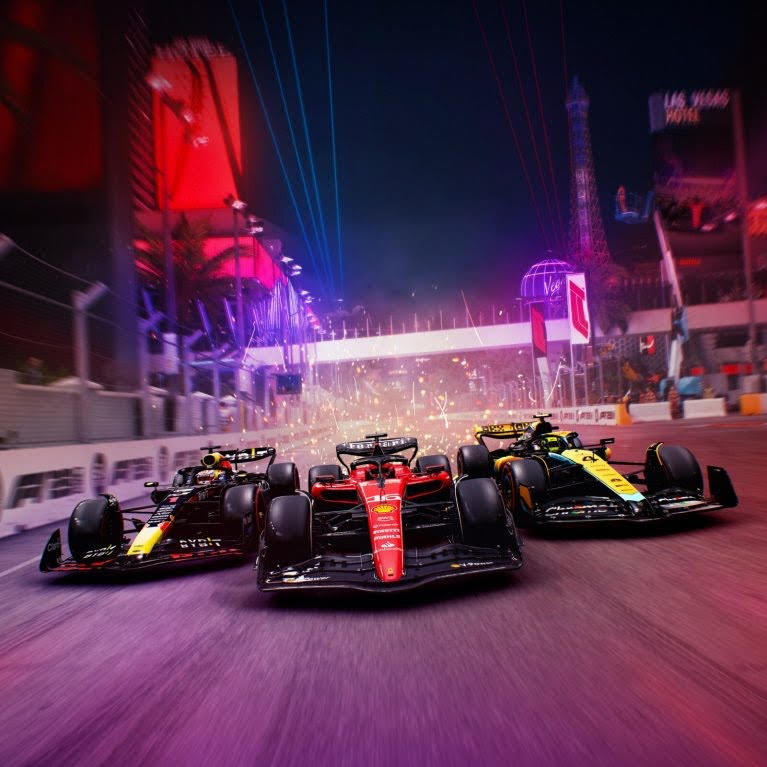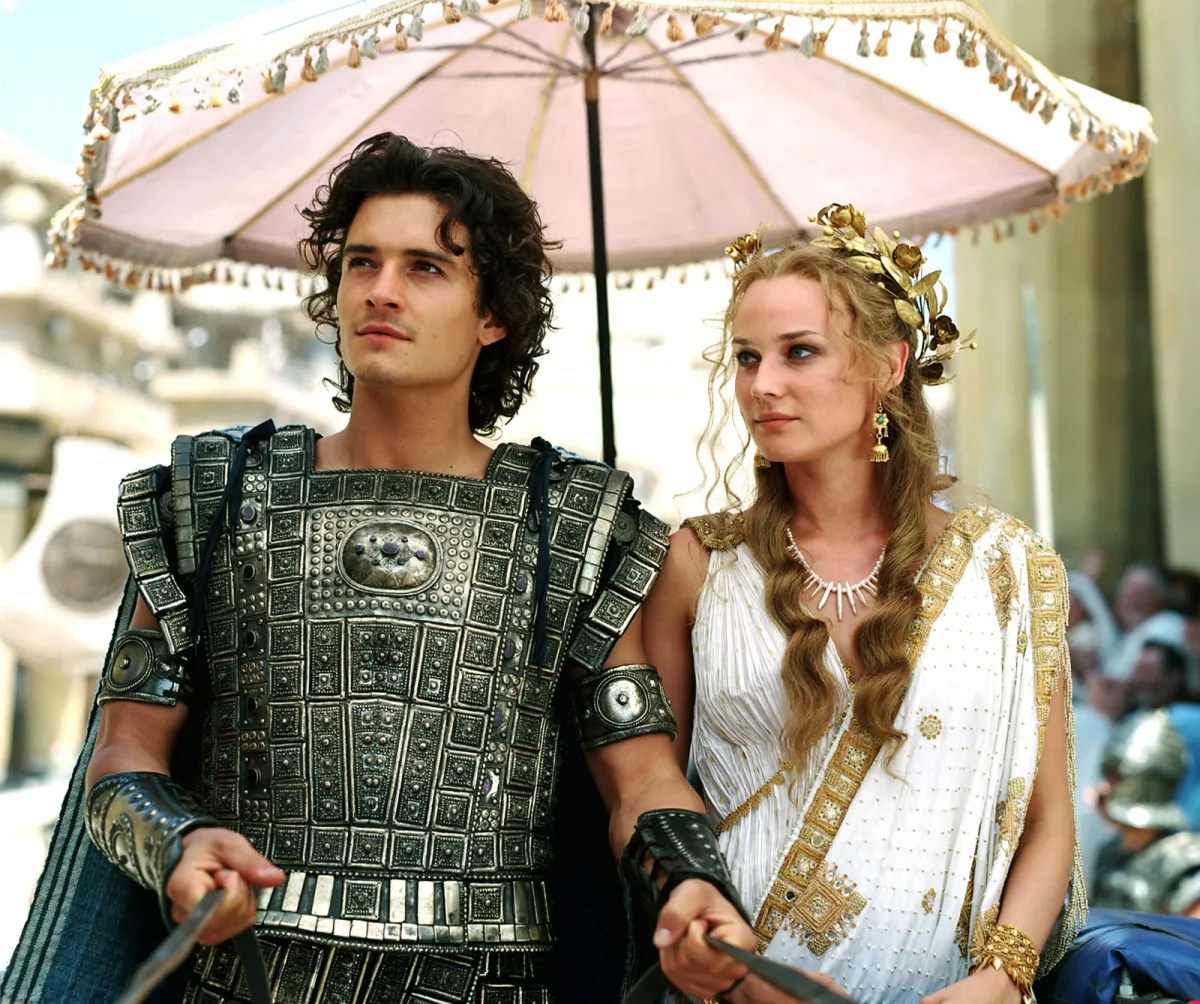In the Formula 1 Racing universe, and even outside of it, there is an ongoing argument over the question of whether or not it counts as a sport. I am certain that it is indeed a sport, and I will explain why below.
Although it might not fit into the usual concept of a “ball-and-field” game, Formula 1 has all of the key elements shared by all other sporting events, including skill, strategy, competition and physical fitness. In addition, F1 racers require a unique mix of technical quality, teamwork and mental stamina that is unmatched by any other sport in the world.
It’s important to define what a sport is before going any further. A sport can be described as a physical activity that follows a set of rules and often demands skill and training. With this definition in mind, F1 teams and drivers compete under strict rules, in mentally and physically demanding conditions, with the hope of winning their races. It fits all of the criteria necessary to be considered a sport, and then some.
The kind of athletic ability needed to compete in Formula 1 is one of the sport’s most overlooked aspects. While turning or braking, these drivers face high levels of acceleration, which can equal a G-force level of six. Imagine having six times the force of gravity bearing down on your body for a long period of time. This pressure puts an excessive amount of strain on the arms, neck and core muscles, and F1 drivers therefore need to be exceptionally strong and physically fit.
Drivers must also maintain full attention while struggling with cockpit temperatures that may exceed 50°C (or 122°F) for the entire stretch of a typical race, which can last between ninety minutes and two hours. During a single race, a driver may lose up to 4 kilos (almost 9 pounds) of body weight through sweat. It would be comparable to running a marathon in a fireproof suit, but still having to maintain the mental capacity to make quick decisions at over 200 miles per hour.
In addition to the physical exhaustion, Formula 1 drivers struggle with serious mental strain. In addition to controlling tire and fuel decline, they have to properly communicate with their racing engineers, read telemetry data immediately and remember complicated track layouts. Position loss, or even crashes, can come from just one incorrect braking moment or a failed overtaking attempt.
Teamwork is a must in most sports, and Formula 1 is no different. Although the drivers often receive the most attention, the numerous engineers, strategists, technicians and pit crew workers cooperate to make every race a success. A pit stop takes around two seconds, and the teamwork required here is amazing. A driver’s race can be ruined by any small mistake, like missing a wheel nut or a simple misunderstanding over the radio, because every movement is perfectly timed.
Because Formula 1 cars are technological wonders, some people argue that the machine is more important than the driver. But that viewpoint greatly underestimates the level of knowledge needed to use this kind of technology. Ten different drivers in the same car will result in dramatically different lap times and race results. This is because driver input is needed for proper tire leadership, racing lines, braking technique, throttle control and car setup.
Formula 1 is similar to other competitive activities, such as E-sports, golf and archery. Many of these rely more on precision, control and mental stamina than they do on full-body workouts. However, if these others are regarded as genuine, it would seem illogical not to consider Formula 1 as a true sport, as it is an artform that calls for both physical training and mental agility.
Formula 1 definitely meets the definition of a sport when all factors are taken into consideration, including physical stamina, intellectual acuity, strategic depth, teamwork and outstanding skill. Even though it doesn’t look like a regular ball game, you cannot deny the incredible flexibility and training needed to be a top-level athlete in F1.
So then, is Formula 1 an actual sport? Absolutely. It is among the most difficult, most complicated and most exciting events in the world. And it’s time to give it the credit that it so fully deserves.












